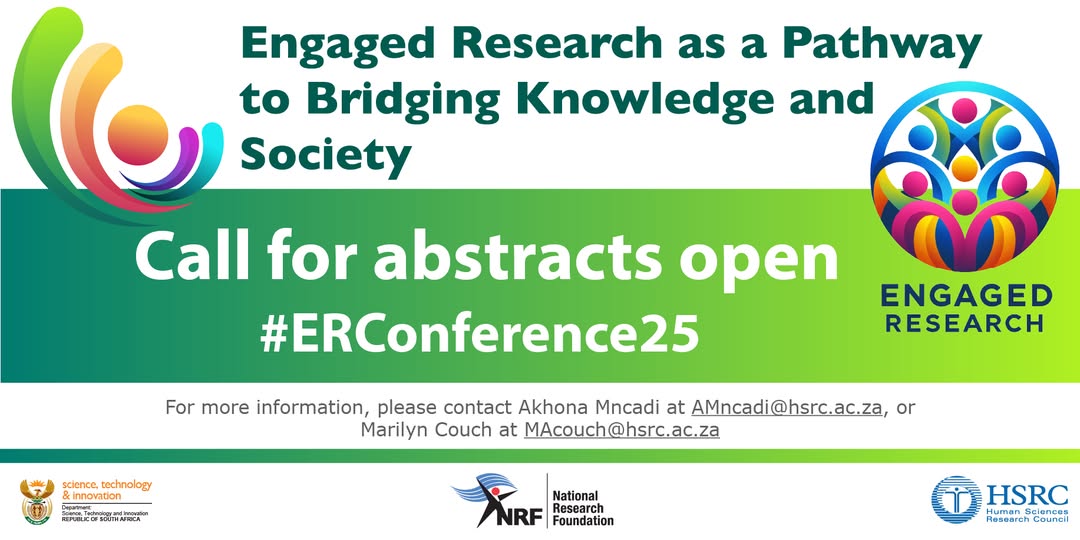We are inviting all our accepted speakers and poster presenters to please prepare their manuscripts in preparation for submission by 17 October 2025.
We would like to thank you once again for your valuable contribution to the Engaged Research Conference. We are pleased to invite you to submit a full paper based on your accepted abstract for consideration in Policy Design and Practice, a Taylor & Francis journal.
Please prepare your manuscript in line with the journal’s author guidelines and upload your paper through the HSRC submission portal.
We look forward to receiving your submission.
Kind regards,
Engaged Research Team
From evidence to influence: The policy dimensions of engaged research
By Yoliswa Sikhosana
The first blog in this series explored the power of working with communities to create research that matters. The second focused on people and partnerships as the foundation of engaged research. This next conversation looks at where that journey can lead; into the policy spaces where knowledge meets power, and where evidence can influence the decisions that shape our everyday lives.
At its core, the policy dimension of engaged research is about connection; the connection between what we learn through collaborative research and how that knowledge is translated into tangible change. Policy doesn’t emerge in a vacuum; it is shaped by the voices, relationships, and insights that feed into it. Engaged research offers a way to ensure that those voices include the communities and stakeholders who live the realities that policies seek to address.
When researchers work alongside policymakers from the outset, evidence can be co-produced with an understanding of political and social context. This shifts the dynamic from researchers presenting findings to decision-makers, to working with them to generate knowledge that responds to shared priorities. It’s a process that values dialogue over data-dumping, and influence through trust rather than authority.
Within the Engaged Research Project, this theme invites reflection on how such relationships are built and sustained. It recognises that influencing policy isn’t about lobbying or persuasion alone, it’s about cultivating spaces where evidence is credible, relevant, and grounded in the realities of people’s lives. The goal is not to claim ownership over outcomes, but to open up possibilities for policy that is informed by genuine engagement and co-creation.
Doing this work well takes time, patience, and institutional support. It requires rethinking how engagement is valued within research careers, how funding streams enable collaboration, and how evidence is communicated in accessible and inclusive ways. The ER project continues to explore these questions, acknowledging that the bridge between research and policy is still under construction, and that the process of building it is just as important as the outcomes it may produce.
Ultimately, the promise of policy-engaged research lies in its potential to make knowledge matter where it counts most: in decisions that affect people’s lives. By connecting evidence with policymaking in thoughtful and participatory ways, engaged research can help move us closer to a society where policies are not just informed by data, but shaped through dialogue, reciprocity, and shared understanding.
Launch of the Engaged Research Evidence Map incorporated into the conference
Co-hosted by the Human Sciences Research Council (HSRC) & the Pan-African Collective for Evidence (PACE)!
Join us for the official launch of the Engaged Research Evidence Map – a groundbreaking digital resource that brings together a wealth of research on engaged scholarship from across disciplines and low- and middle-income countries (LMICs).
This event forms part of the HSRC/NRF conference on Engaged Research to be held on the 21st-24th October, at the Birchwood Hotel. The evidence map has been co-developed as part of an HSRC/NRF project titled Mainstreaming ER in the NSI. The map, done in collaboration with the Pan African Collective for Evidence (PACE), is aimed at supporting knowledge sharing, informing policy, and strengthening engaged research practices across South Africa’s National System of Innovation.
What to Expect:
- Welcome and Project Overview
Learn about the goals, partnerships, and impact of the Engaged Research Project. - Understanding the Evidence Mapping Process
Explore the participatory and systematic approach used to co-create the map. - Live Demonstration
See how to navigate and use the evidence map to find research papers, spot trends, and identify gaps in the field of engaged research across LMICs. - Interactive Q&A
Engage directly with the development team and share your feedback.
Whether you are a researcher, policymaker, practitioner, or evidence enthusiast, this workshop will equip you with a powerful tool to support and grow your work in the field of engaged research.
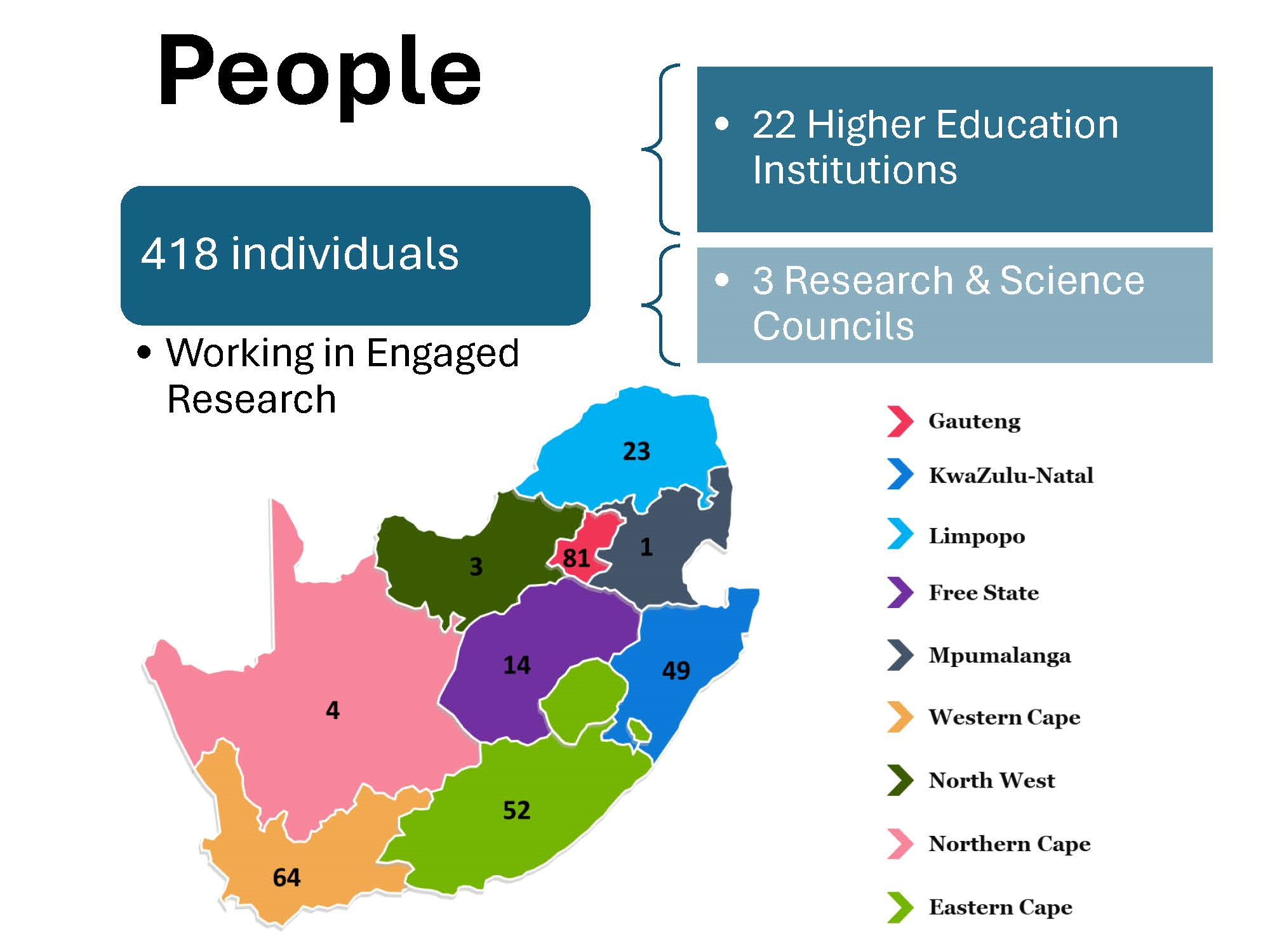
Webinar on engaged research for social justice: The academy and beyond
27 August 202
Click here to register.
Link: https://zoom.us/meeting/register/uqqasEuERnq77E9An2lxrw#/registration
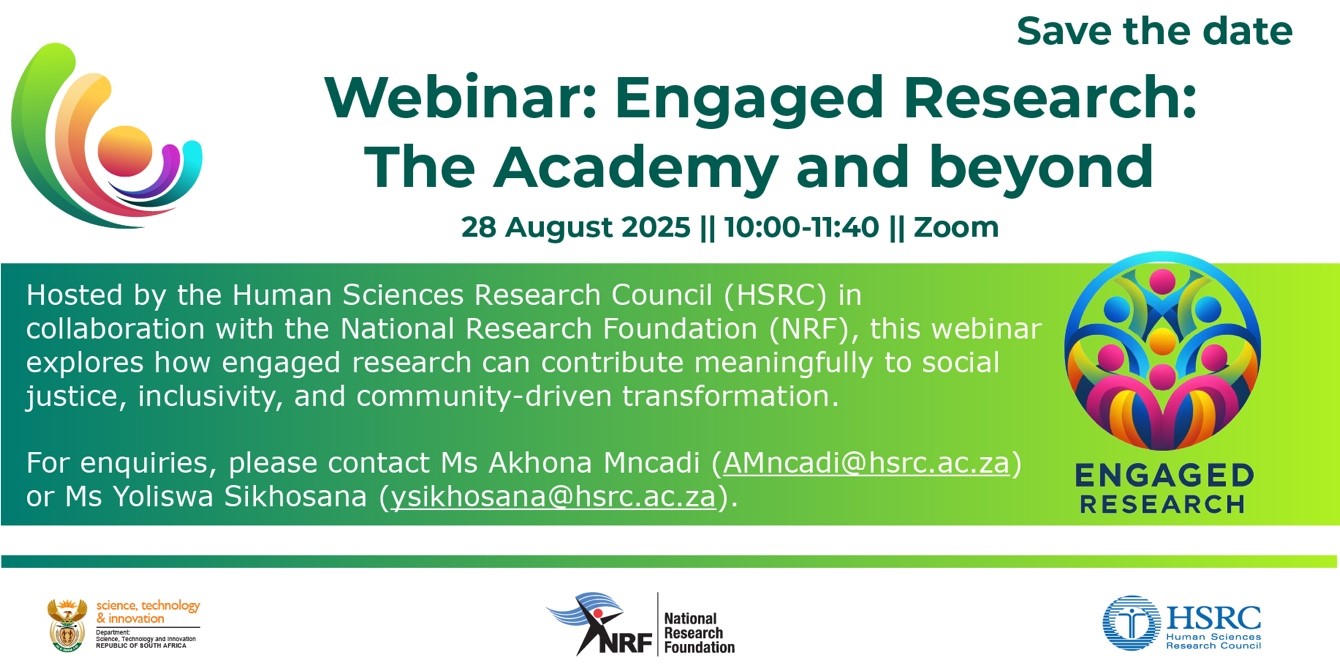
Feedback timeline for abstract submissions
Thank you for your submissions!
Thank you to all the scholars and practitioners who submitted abstracts for the Engaged Research Conference 2025. We’re encouraged by the enthusiastic response — with nearly 300 submissions received across a wide range of disciplines.
Due to the volume and quality of abstracts, our Scientific Committee is taking additional time to ensure each submission receives careful review and constructive feedback.
Feedback will be provided by 11 September 2025. We appreciate your patience and look forward to sharing a dynamic, inclusive conference programme that reflects the richness of engaged research in Africa.
Sponsorship opportunity: Attend the Engaged Research Conference 2025!
Are you an early career researcher passionate about making an impact through engaged and collaborative research?
The Engaged Research Conference (22-24 October 2025, Birchwood Hotel, Johannesburg) is offering a limited number of sponsorships to support exceptional emerging to mid-career scholars based at African institutions outside South Africa.
Connect with like-minded researchers, showcase your work and help shape the future of engaged research on the continent.
The sponsorship will be competitive, and it will cover:
- Visa costs (if applicable)
- Flights and accommodation
- Road travel in Johannesburg
- All meals during the conference
To be eligible, applicants must:
- Be based at an African university or organization (excluding South Africa)
- Be nearing completion of a PhD or have completed a PhD within the past 2 years
- Have submitted an abstract that has been accepted for presentation at the conference
- Commit to developing your presentation into a full article for submission to the special issue journal on engaged research
Applications will be assessed based on the quality and relevance of the submitted abstract, alignment with conference themes, and potential for contribution to the journal special issue. Applications close on 12 September 2025.
Meet our Scientific Committee
The Engaged Research Conference 2025 is guided by a diverse and accomplished Scientific Committee composed of leading scholars, practitioners, and thought leaders from across the African continent and beyond. This multidisciplinary team brings together expertise spanning public health, social sciences, community development, science communication, education, economics, environmental studies, ethics, and policy engagement.
Members of the committee represent universities, research councils, and civil society organisations, and many have extensive experience in both academic research and applied work with communities, governments, and international development partners. Collectively, they bring decades of experience in advancing socially responsive, participatory, and impactful research.
The Committee comprises: Prof. Elizabeth Lubinga (University of Johannesburg), Diana Hornby (Rhodes University, Community Engagement Division), Dr Palesa Sekhejane (Walter Sisulu University, Deputy Dean: Natural Sciences), Dr Marina Joubert (Stellenbosch University, CREST), Dr Tebogo Mabotha (ASSAF), Dr Plaxcedes Chiwire (Western Cape Department of Health), and Dr Timothy K. Stanton (Ravensong Associates); as well as Dr Konosoang Sobane, Prof. Charles Hongoro, Dr Wilfred Lunga, Diana Sanchez, Dr Lucky Ditaunyane, Dr Mokhantšo Makoae, Dr Sara Naicker, Dr Tholang Mokhele, Dr Lwando Mdleleni, Dr Mercy Ngungu, Dr Mmakotsedi Magampa, Dr Kwanele Qonono, Dr Mokhantšo Makoae, and Bongiwe Moni, all of the HSRC.
Scientific Committee Bios

Dr Mokhantšo Makoae
Research Director, HSRC
Dr Makoae has extensive experience leading qualitative research across the SADC region on topics including HIV vulnerability, climate change, gender, and disability. Her work, commissioned by governments, UN agencies, the EU, and philanthropic organisations, has informed policy development and evaluation.
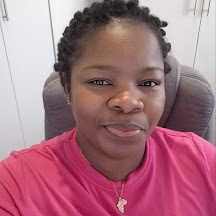
Dr Plaxcedes Chiwire
Deputy Director: Health Intelligence, Western Cape Department of Health
With over 12 years of experience in health economics, Dr Chiwire has worked with international organisations such as the Global Fund, UNAIDS, USAID, GIZ, and the Bill & Melinda Gates Foundation, supporting African countries in strengthening health financing systems. She is Chairperson of the Costing Committee at the South African Council of Medical Schemes and has lectured at the University of Cape Town.
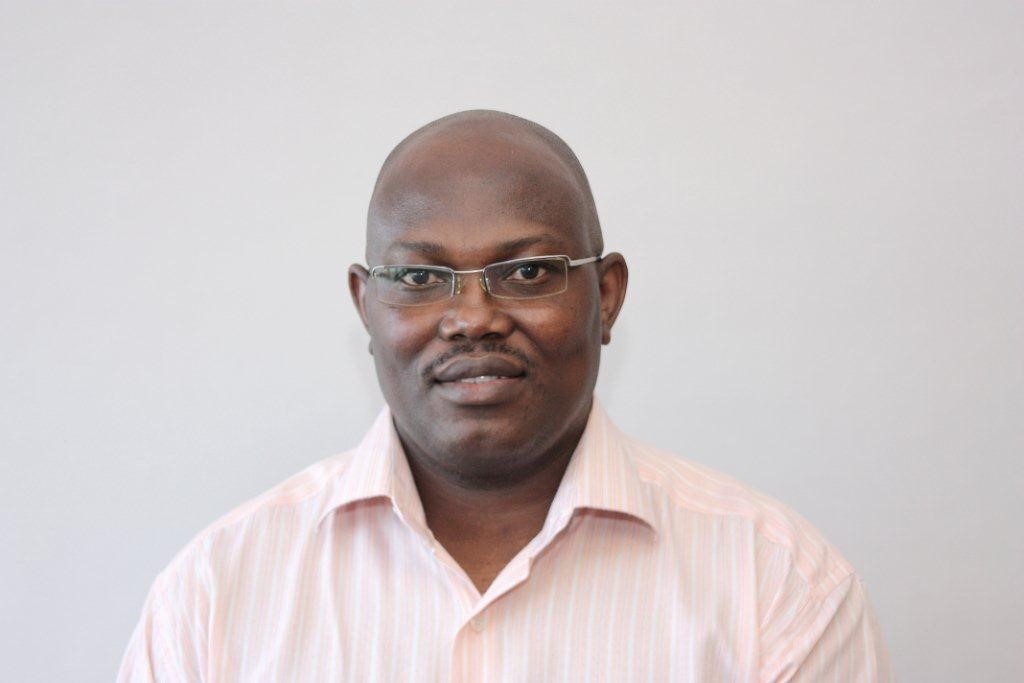
Dr Charles Hongoro
Senior Research Director, HSRC
Dr Hongoro is an Extraordinary Professor of health economics, systems, and policy at the School of Health Systems and Public Health at the University of Pretoria. His research interests include sustainable human security, climate change, public health, especially health economics, systems, and policy research, science translation, and impact evaluations. He has published widely over the years.
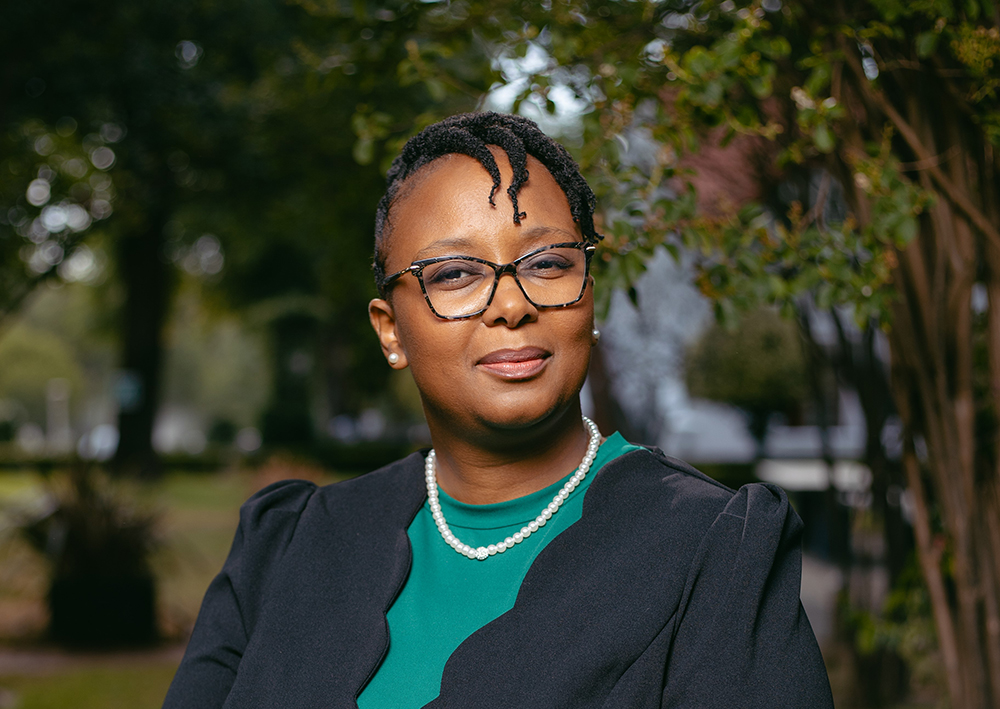
Ms Bongiwe Moni
Director for External Capacity Development & Internships, HSRC
Ms Moni leads the HSRC’s initiatives addressing youth and graduate unemployment through evidence-based interventions such as internships and capacity development programmes, contributing to its societal impact agenda. Her research focuses on youth labour market access, unemployment, poverty, inequality, and skills development, as well as moral regeneration, ethics, and governance.
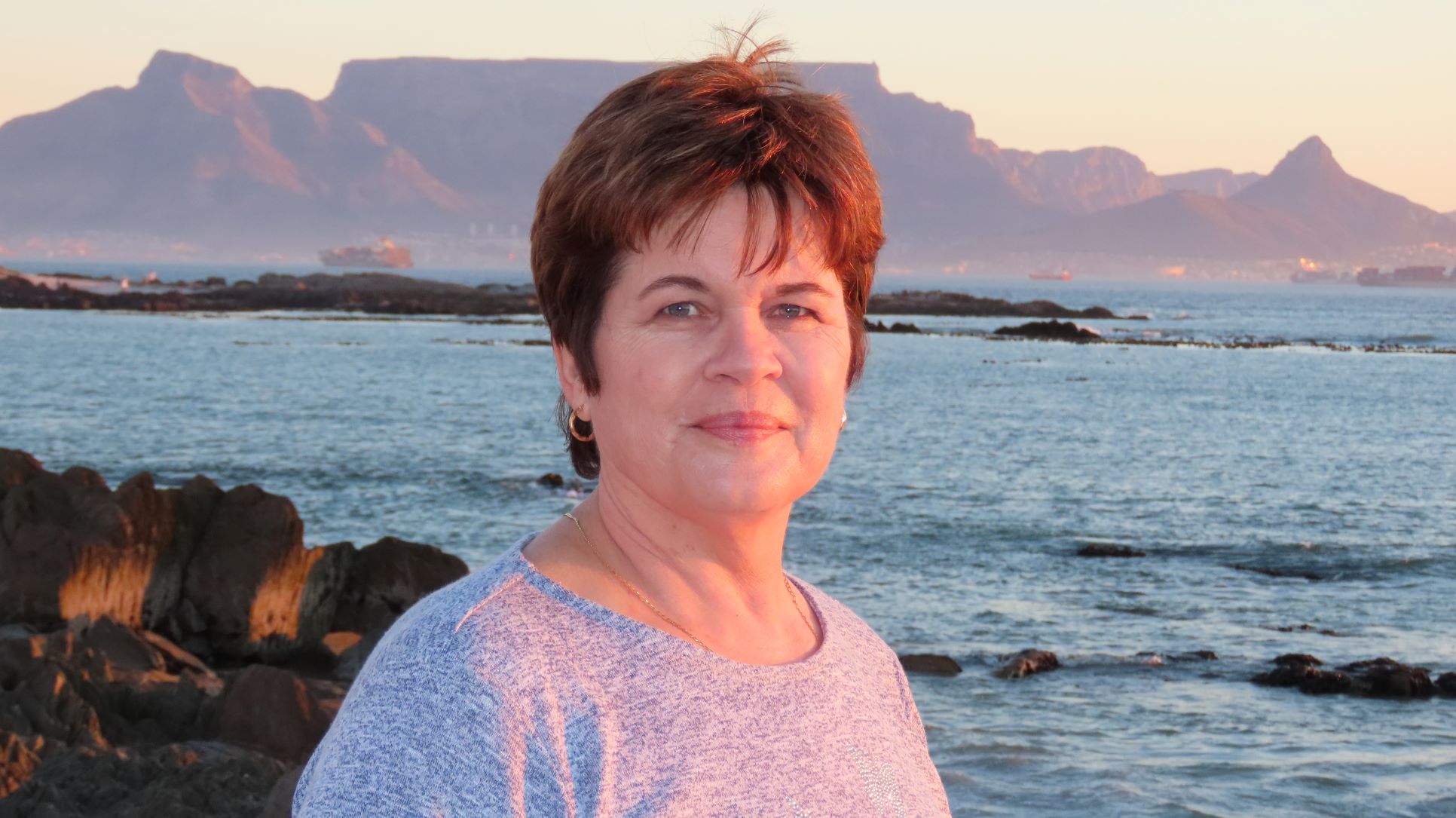
Dr Marina Joubert
Associate professor, Stellenbosch University
Dr Joubert leads the Public Engagement Lab at the Centre for Research on Evaluation, Science and Technology (CREST). After two decades in science communication practice, she joined academia in 2015 to develop a teaching and research programme on public communication of science. Her research explores scientists’ roles in public engagement, science in the media, ethics of science communication, and online science-society interactions. She collaborates on international projects, serves as deputy editor of JCOM, and is an honorary lifetime member of the global PCST Network.
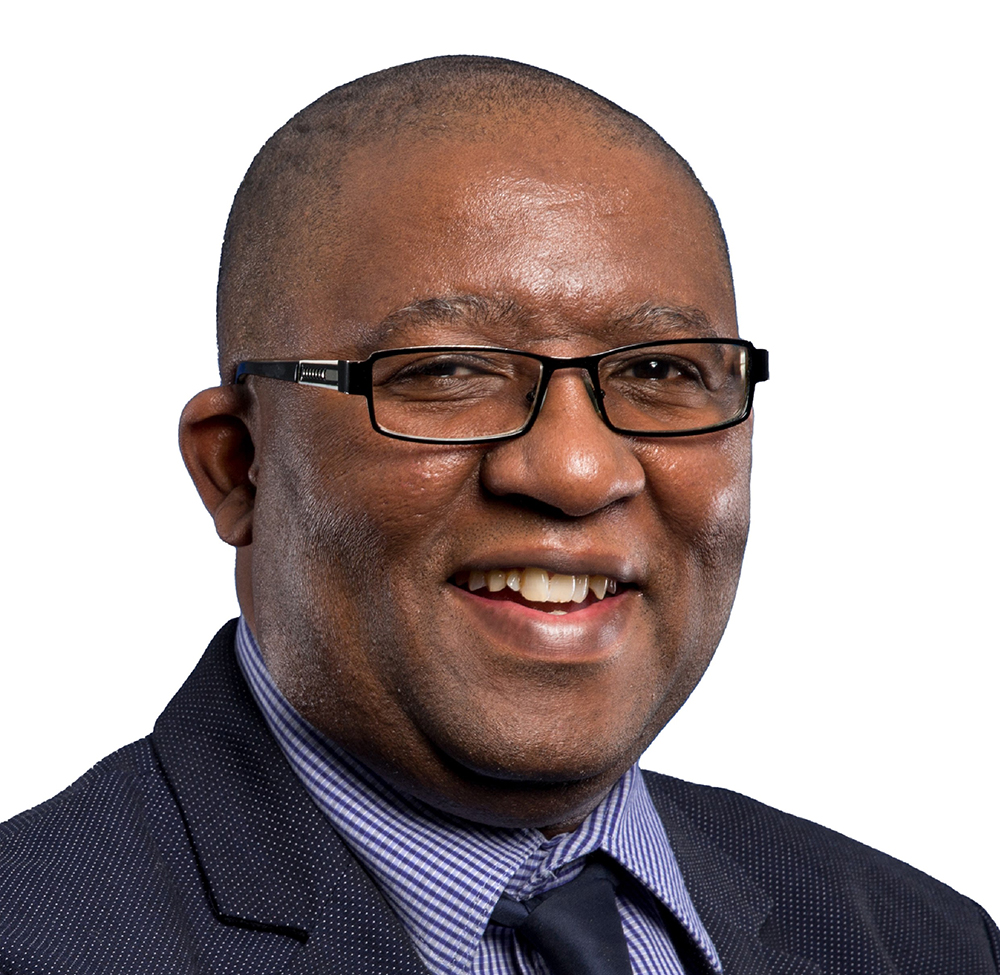
Dr Lucky Ditaunyane
Acting Chief Operating Officer, HSRC
Dr Ditaunyane is a seasoned corporate communications specialist with more than three decades of experience in the private and public sectors. He has served in various organisations at middle and senior management levels. With a career dedicated to corporate communications and public relations, his expertise spans a diverse range of domains: diverse sector experience, strategic communication, science communication, crisis communication, media liaison, stakeholder relations, digital marketing, and corporate branding.
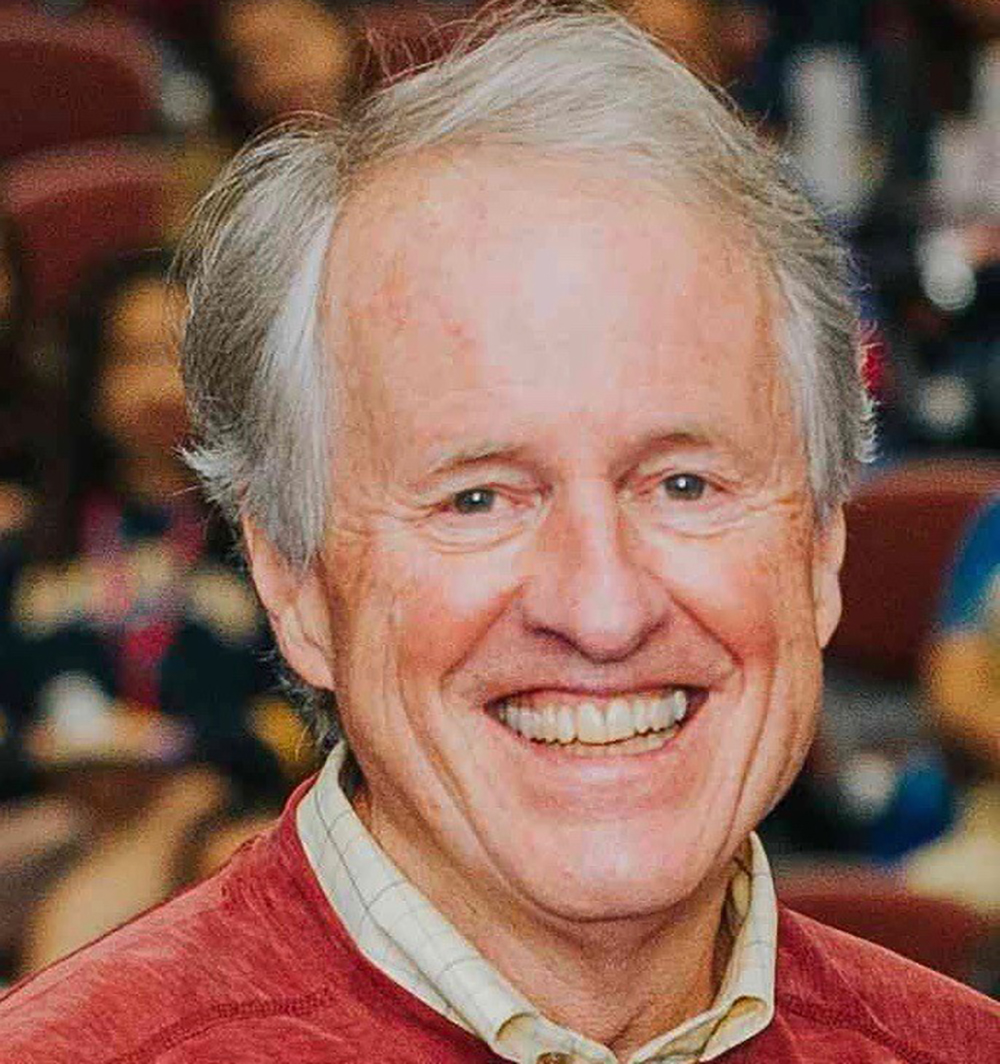
Timothy K. Stanton, PhD
Senior Engaged Scholar with Ravensong Associates
Dr Stanton is a consultant in community-engaged scholarship across the US, Africa, and Asia. At Stanford University, he led the Bing Overseas Studies Programme in Cape Town, co-founded the Community Health concentration at the medical school, and directed the Haas Center for Public Service. He has served as a Fulbright Specialist with the HSRC and advised South Africa’s Community-Higher Education-Service Partnerships (CHESP) programme. He co-authored the Research University Engaged Scholarship Toolkit and has published widely on service-learning. He holds a PhD in human and organisation systems from Fielding Graduate University.

Dr Tholang Mokhele
Manager, Geospatial Computing and Analytics, HSRC
Dr Mokhele manages the Geospatial Computing and Analytics Sub-unit of the eResearch Knowledge Unit at the HSRC. He holds PhD in Environmental Science (GIS) and MSc in Environmental Science (Remote Sensing) (Cum Laude) both from the University of KwaZulu-Natal. He is NRF Rated Researcher. Dr Mokhele has more than 15 years of experience in geospatial analytics and data analytics in social and health sciences research. Dr Mokhele’s publication record spans the authoring and co-authoring of more than 60 peer-reviewed journal articles, books, book chapters, conference proceedings and policy briefs.
Reminder: Submit your abstracts
The deadline for abstract submissions is nearing.
